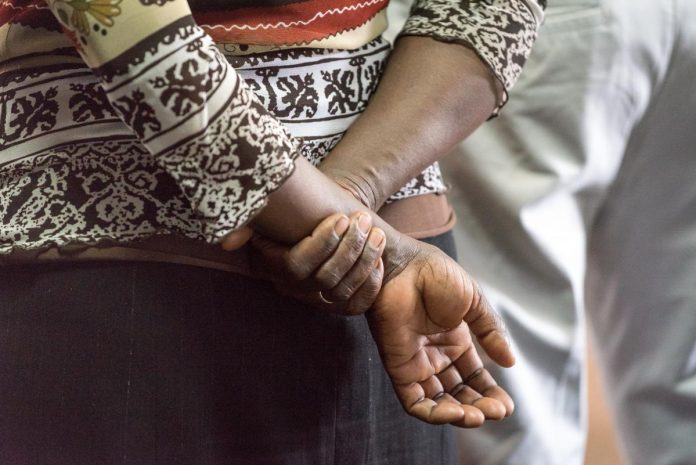A House panel in the United States Congress advanced a decades-long effort to pay reparations to the descendants of slaves by approving legislation, commonly referred to as H.R. 40, on 15 April that would create a commission to study the issue. The “40” refers to the failed government effort to provide 40 acres (16 hectares) of land to newly freed slaves as the Civil War drew to a close.
It’s the first time the House Judiciary Committee has acted on the legislation.
Rev. Dr Angelique Walker-Smith, from the National Baptist Convention USA, Inc. and a member of the central committee of the World Council of Churches (WCC), reflected on the historic decision.
“After over 400 years of the egregious and evil crimes of enslavement, racism and its related harms and injuries put upon people of African descent in the US and globally, we are in a renewed season of moral and legal reckoning with this past and present that can lead to new possibilities of reparatory justice and transformation when we see historic Congressional movement like this”, she said.
“Thanks be to God for a spirit of unity among people of faith and diverse partners for bringing us to this point and moving this vision forward”, added Walker-Smith, who serves as senior associate for Pan African and Orthodox Church Engagement at Bread for the World (USA) and convener of the WCC Pan African Women’s Ecumenical Empowerment Network (PAWEEN).
The vote to advance the measure to the full House was 25-17.
The legislation would establish a commission to examine slavery and discrimination in the United States from 1619 to the present. The commission would then recommend ways to educate Americans about its findings and appropriate remedies, including how the government would offer a formal apology and what form of compensation should be awarded.
In March, the Chicago suburb of Evanston, Illinois, became the first US city to make reparations available to its Black residents for past discrimination and the lingering effects of slavery.
WCC, oikoumene.org















